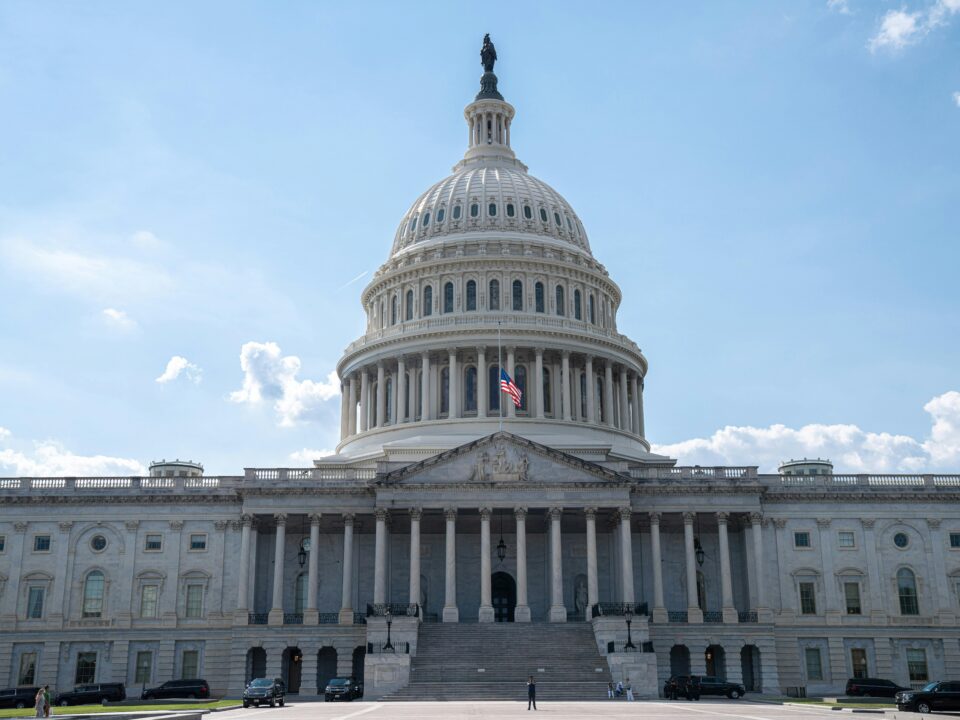
The Bears Are Bulking Up: A Lesson on Framing and Enforcing Community Rules

Primmer Attorneys Named ‘Best’ in America for Forty Consecutive Years
In a unanimous decision, Groff v. DeJoy, No. 22-174, 2023 WL 4239256 (U.S. June 29, 2023), the U.S. Supreme Court clarified the undue hardship standard under Title VII, the federal law that prohibits employment discrimination based on race, color, religion, and national origin. Appellate courts had long held that anything “more than a de minimis cost” satisfied Title VII’s “undue hardship” standard for religious accommodation. That is no longer the case. As a result, Groff will make it more difficult for employers to deny requests for religious accommodation.
Background Title VII requires employers to accommodate their employees’ religious practice, unless doing so would impose an “undue hardship on the conduct of the employer’s business.” Relying on Trans World Airlines, Inc. v. Hardison, 432 U. S. 63, 84 (1977), many lower courts interpreted “undue hardship” as requiring any effort or cost that is “more than de minimis.” As a result, an employer could deny a request for a religious accommodation if it imposed anything more than a minimal burden on the employer’s business. Under this interpretation, employers were able to legitimately deny many requested accommodations because they imposed an undue burden.
In Groff, the plaintiff worked for the U.S. Postal Service (“USPS”) as mail carrier. Initially, he did not have to work on Sundays. However, after USPS contracted with Amazon for Sunday deliveries, Groff was required to work on Sundays. As an Evangelical Christian, Groff believed that Sundays should be devoted to worship and rest.
Because Groff was unwilling to work on Sundays, USPS made other arrangements and throughout this time, Groff received progressive discipline for failing to work on Sundays. Eventually, Groff resigned and sued under Title VII, asserting that USPS could have accommodated his Sunday Sabbath practice “without undue hardship on the conduct of [USPS’s] business.”
New Undue Hardship Standard for Religious Accommodations
The U.S. Court of Appeals for the Third Circuit sided with USPS, concluding that “[e]xempting Groff from Sunday work” was an undue burden, requiring USPS to incur more than a de minimis cost, because it “imposed on his coworkers, disrupted the workplace and workflow, and diminished employee morale.”
The Supreme Court rejected this interpretation and held that “showing ‘more than a de minimis cost,’ . . . does not suffice to establish ‘undue hardship’ under Title VII.” Instead, “an employer must show that the burden of granting an accommodation would result in substantial increased costs in relation to the conduct of its particular business” to deny a request for a religious accommodation. Relying on the text of Title VII, the Court reasoned that “hardship” is more severe than a mere burden and that the modifier “undue” indicates that the requisite burden, privation, or adversity must rise to an “excessive” or “unjustifiable” level. The Court further explained that “courts must apply the test in a manner that takes into account all relevant factors in the case at hand, including the particular accommodations at issue and their practical impact in light of the nature, size and operating costs of an employer.”
Notably, the Court declined to adopt either the undue hardship standard used under the Americans with Disability Act, which requires significant difficultly or expense, or the Equal Employment Opportunity Commission construction of Hardison. Despite the change, the Court stated this “clarification may prompt little, if any, change in the [EEOC]’s guidance explaining why no undue hardship is imposed by temporary costs, voluntary shift swapping, occasional shift swapping, or administrative costs.”
What Changes to Expect as a Result of Groff?
Unfortunately, in Groff, the Supreme Court did not explain what qualifies as substantial increased costs and it will take some time for the courts to determine the meaning of this standard in different contexts. Notwithstanding this ambiguity, it is clear that the Groff decision will make it more difficult for employers to deny religious accommodation requests. Going forward, employers considering a request for a religious accommodation will need to conduct a “fact-specific inquiry”, considering factors such as: the overall size and profitability of the business, available labor for schedule swaps, contractual limitations on schedule swaps (due to collective bargaining agreements), how schedule swaps will impact business needs, and the number of employees requesting accommodations.
In short, the Groff decision changed the legal landscape, making it more difficult for employers to deny requests religious accommodations. A de minimis increase in costs no longer constitutes an undue hardship and employers will need to accommodate requests unless there are “substantial increased costs in relation to the conduct of its particular business.” In addition, employers may see an increase in request for religious accommodations and should review their religious accommodation request policies to make sure they comply with the Supreme Court’s new standard.
Primmer Piper Eggleston & Cramer can assist you in this process and advise you on how to best respond to accommodation requests. Please contact the Primmer Labor and Employment Law team if you have questions or would like assistance.




